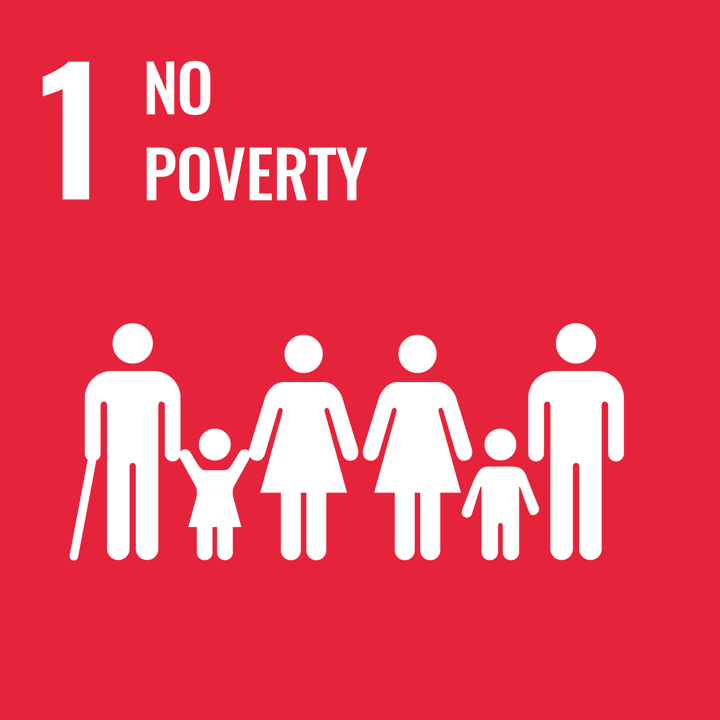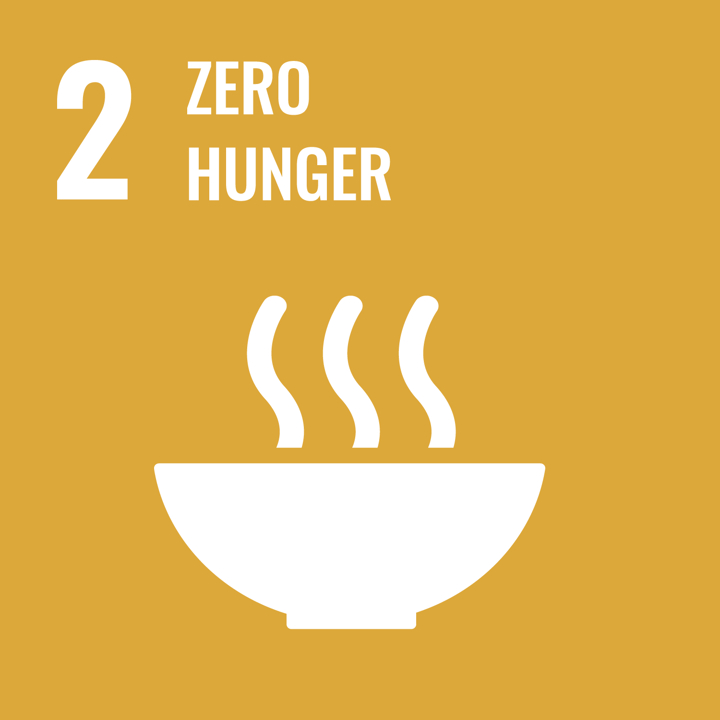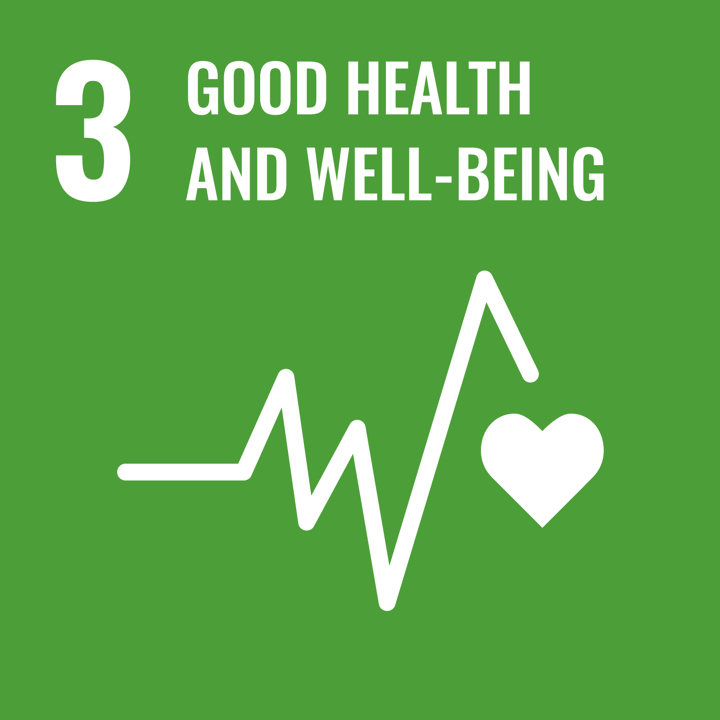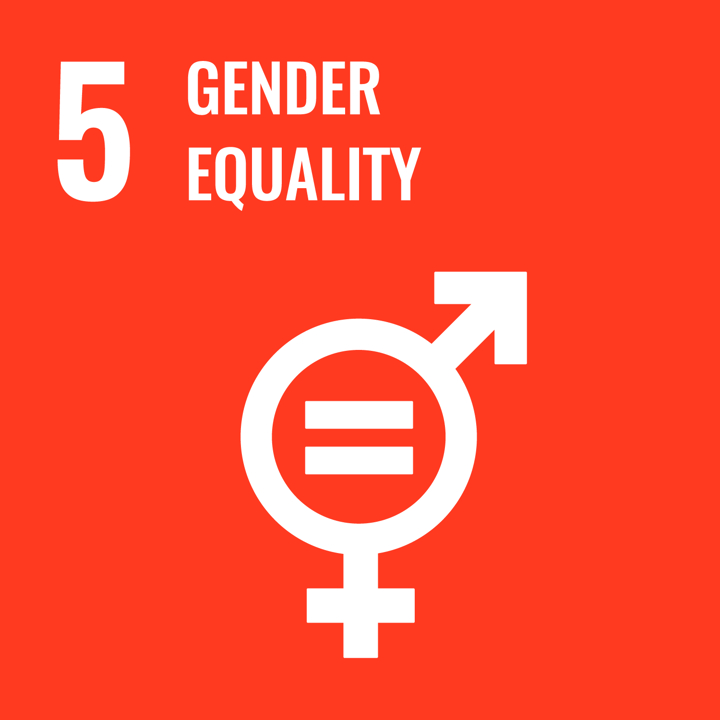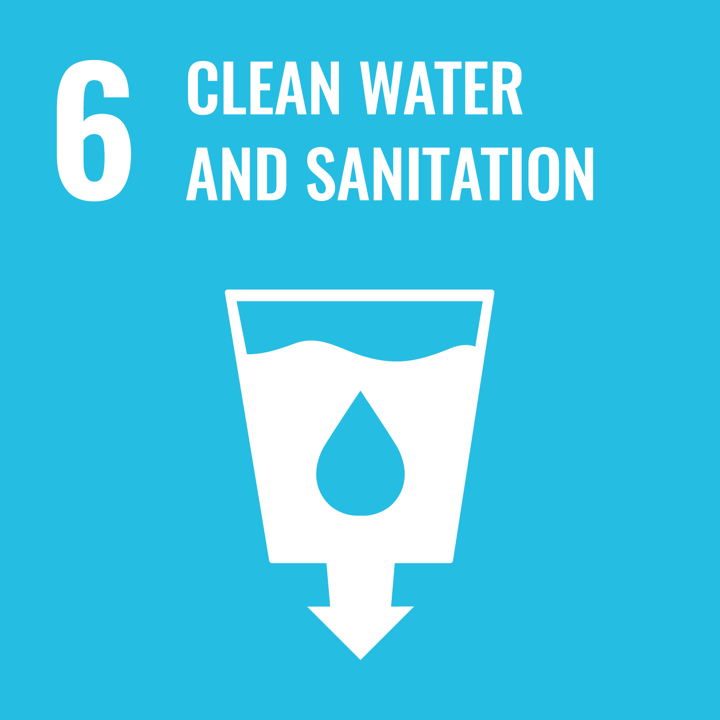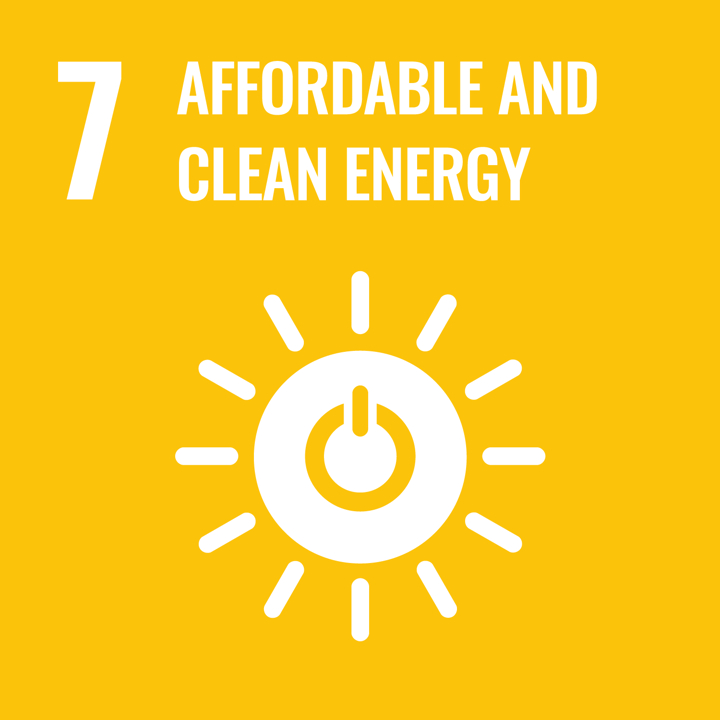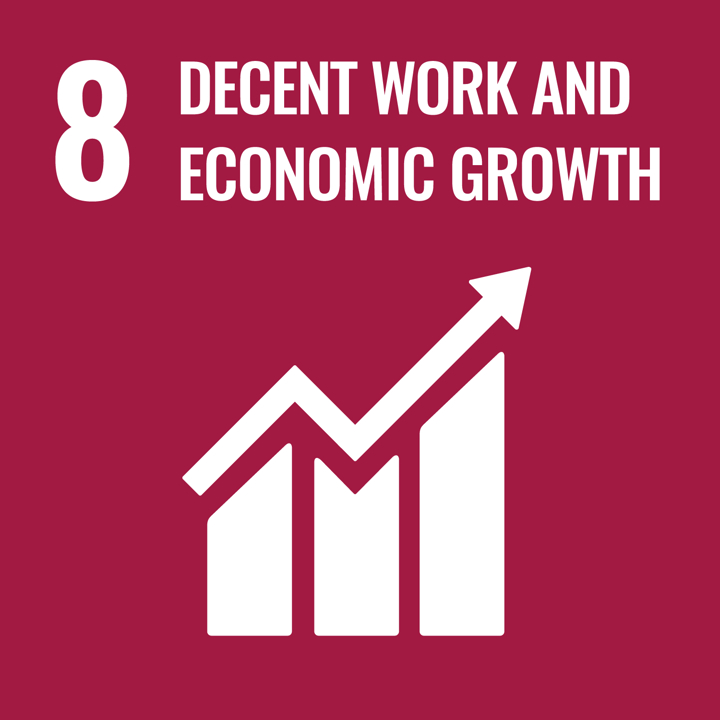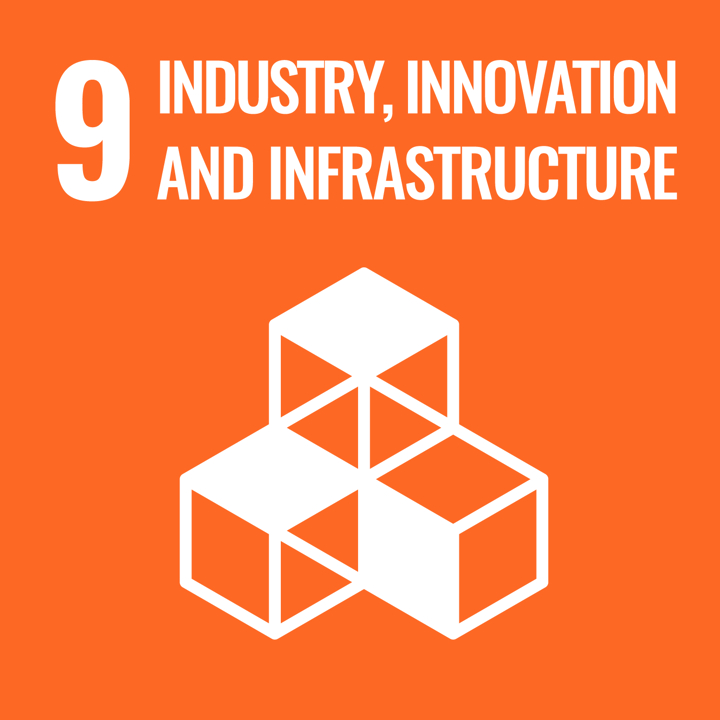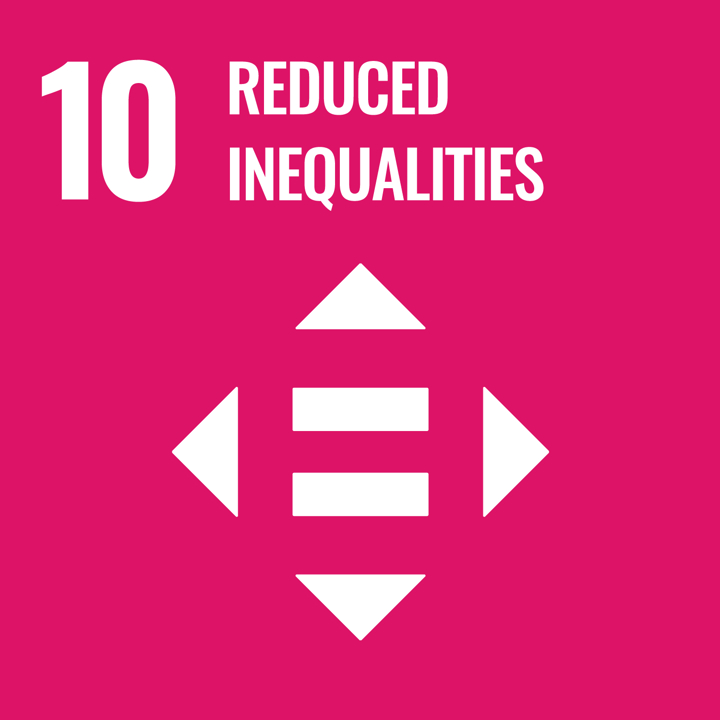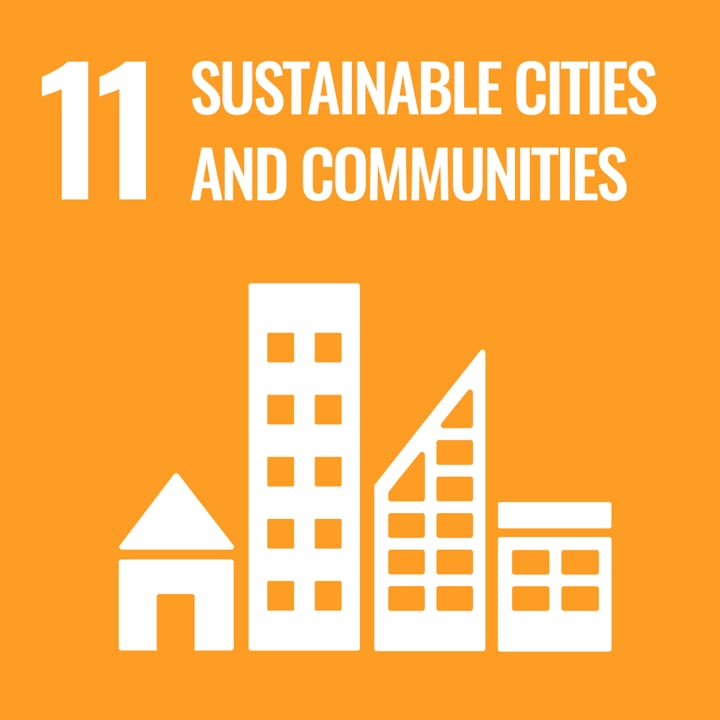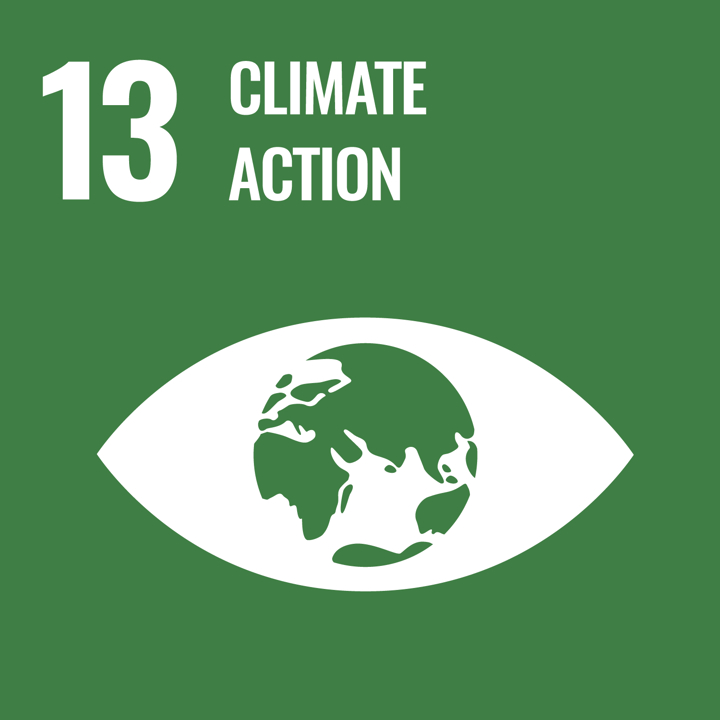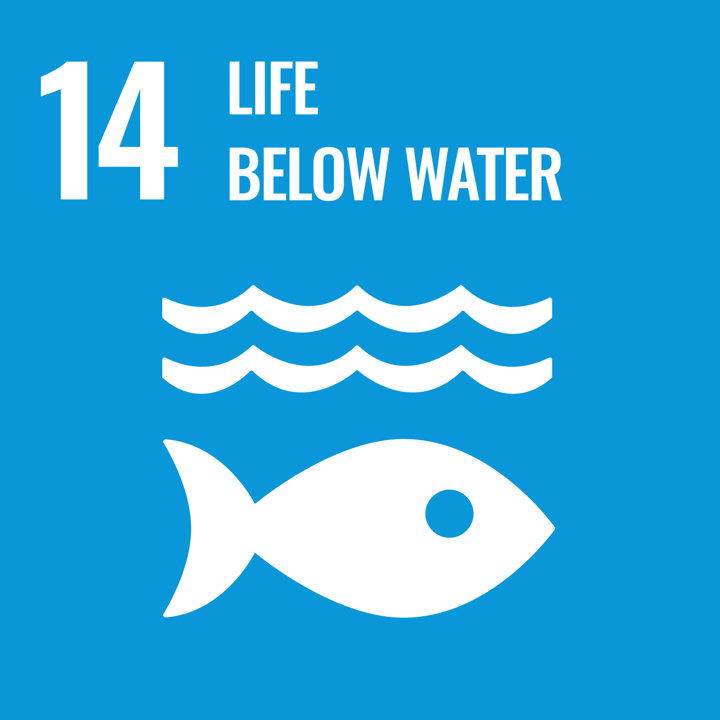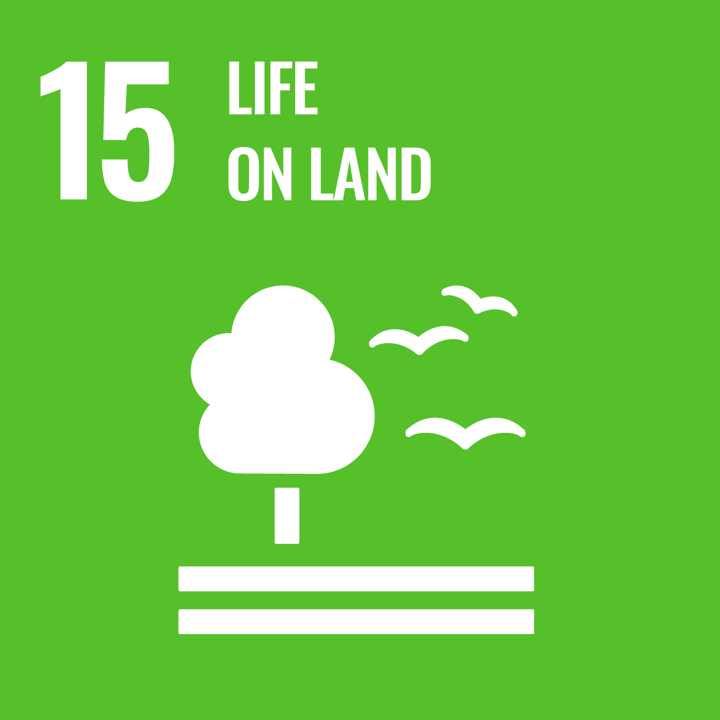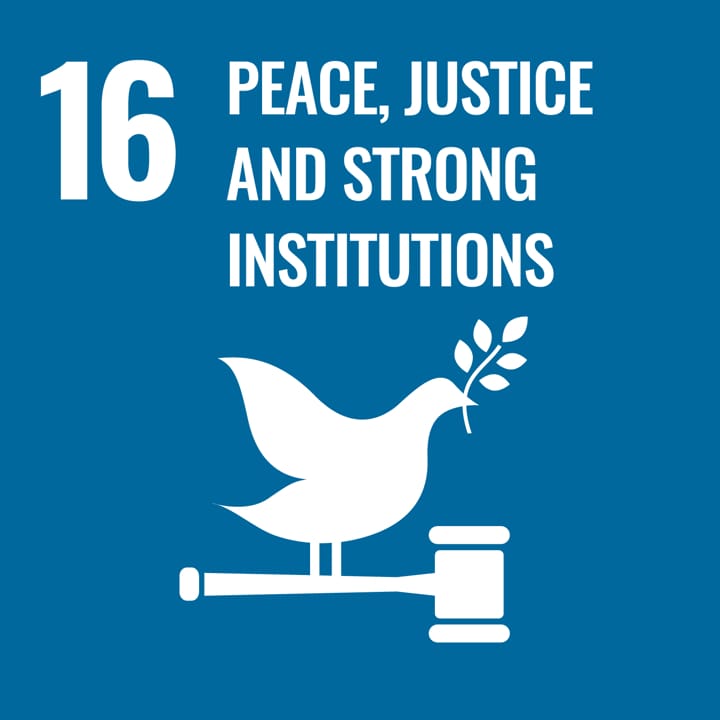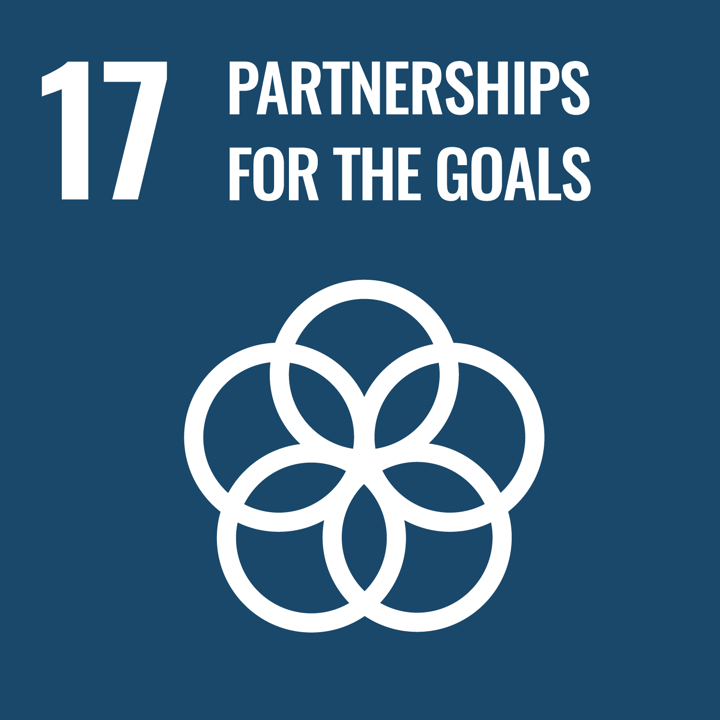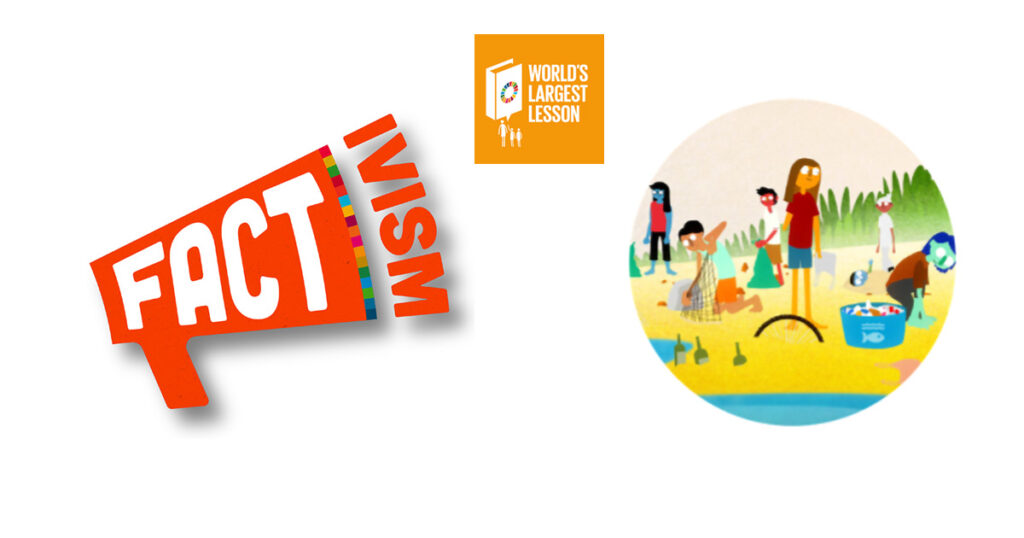
Intended End User: Teacher
Age Group: Upper Primary; Lower Secondary
School Curriculum: Maths; Science; Social, Physical & Health Education; Social & Environment Science; Arts
Themes and Topics: Collective Action; Information & Knowledge; Pedagogy Approaches
Duration: 5 hours
Type of Resource: Guidelines & Notes, Audio/Video; Lesson Plans; Presentation, Project
Keywords: Sustainable Development Goals, Data, Community Action, Challenge-Based Learning
Languages: English
Description
In the first part of this activity called Fact-ivism, students will create a data poster showing an SDG data fact that they care about. First they will learn about data and pick a data point that inspires them to take action for the UN SDGs. Then they will visualise their piece of data and upload the data poster to a digital gallery for students all around the world to see.
The second resource called Making a Community Action Plan, builds on from the global/national data view of the chosen SDGs to develop a local perspective. The resource sets out to use the Global Goals as a catalyst for students in identifying a local community issue that they want to help solve, and create an action plan to get started.
The resource contains links to additional teaching resources, videos, datasets and examples of student work.
How to use this resource
The resources build from the global perspective of the SDG and data driven understanding of the goals, to addressing challenges at a local level linked through the identified SDGs. This approach helps students and teachers to think globally and act locally.
These resources starting with the Fact-ivism lesson plan help participants take a closer look at SDGs and the data behind each goal. This approach challenges what people think they know and understand about SDGs, resulting in a deeper understanding of the goals, their importance and local relevance.
The second resource, Starting a Community Action Plan, provides a placed-based approach to applying learning about SDGs to addressing a local challenge. This engagement with the local community and environment reinforces learning and promotes active SC.
This resource could be adapted to a workshop activity for teachers to explore themselves as participants. This would allow the collaborative synthesis of new knowledge and sharing of innovative approaches adapted to their own local context.
The resources
Teacher Guides (PDFs):
Other Resources:
Links to additional resources can be found below:
Learning Outcomes
- Elicit prior knowledge and further develop knowledge and comprehension of key Sustainability Citizenship key concepts, challenging established worldviews and values.
- Apply a range of suitable tools and frameworks to promote student Sustainability Citizenship.
- Collaboratively synthesise the knowledge, tools and frameworks to create educational materials and lessons plans adapted to their own local context.
Green Competencies
- Embodying Sustainable Values: Valuing Sustainability; Supporting Fairness; Promoting Nature
- Embracing Complexity in Sustainability: Systems Thinking; Critical Thinking; Problem Framing
- Envisioning Sustainable Futures: Futures Literacy; Adaptability; Exploratory Thinking
- Acting for Sustainability: Political Agency; Collective Action
Creative Commons

Permission is granted under a Creative Commons Attribution License to replicate, copy, distribute, transmit, or adapt the Challenge-Based Learning Guide freely provided that attribution is provided as illustrated in the citation below. Nichols, M., Cator, K., and Torres, M. (2016) Challenge Based Learner User Guide. Redwood City, CA: Digital Promise
